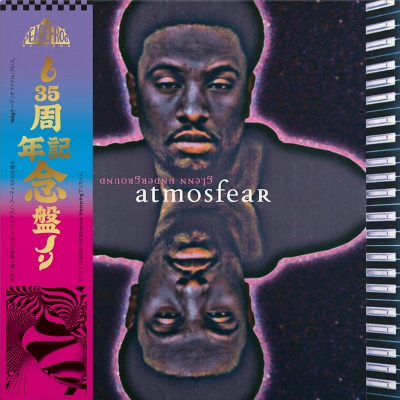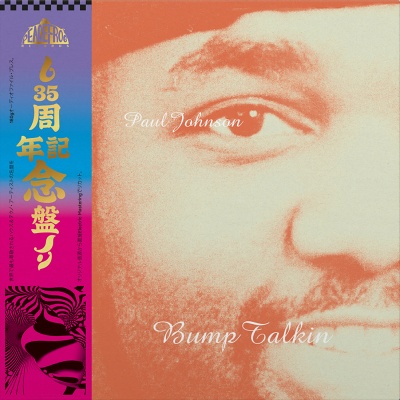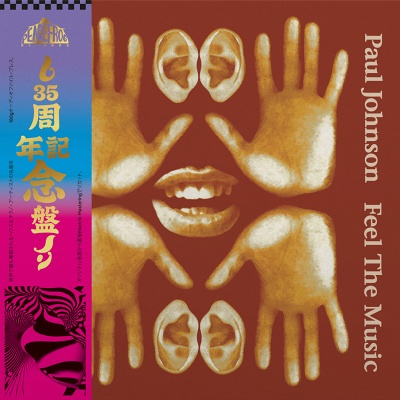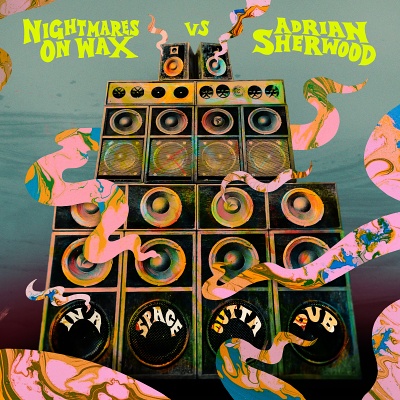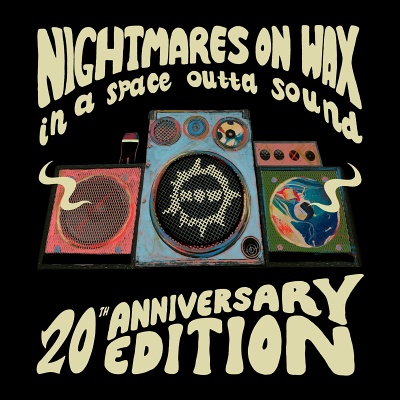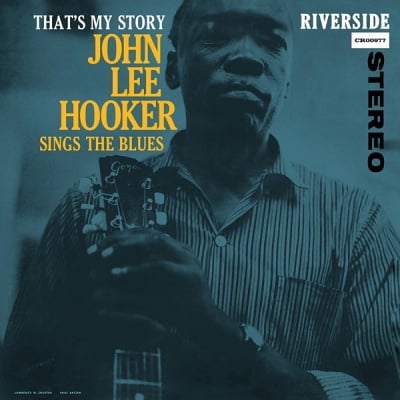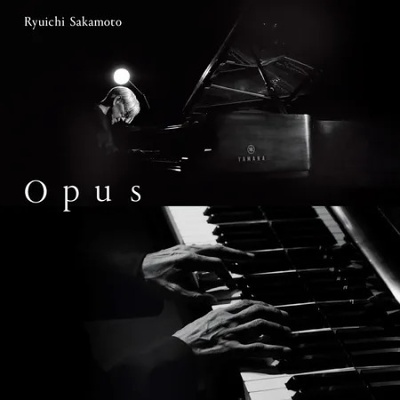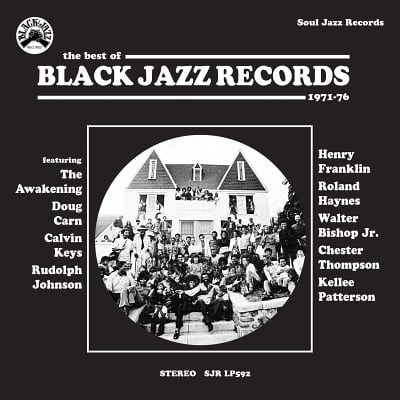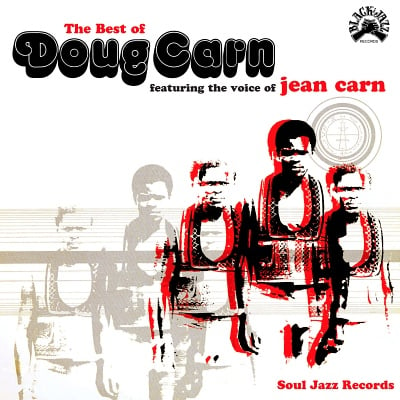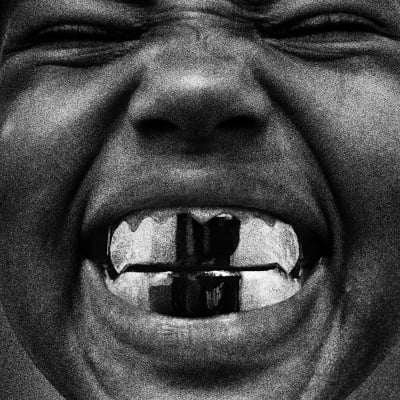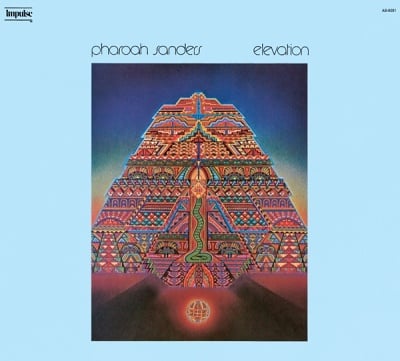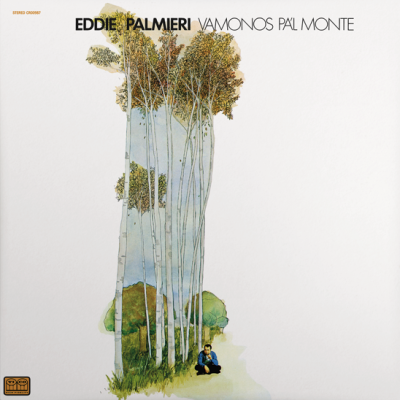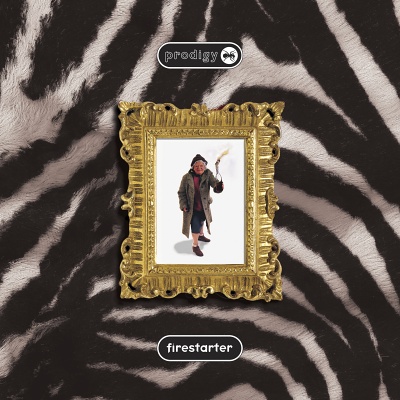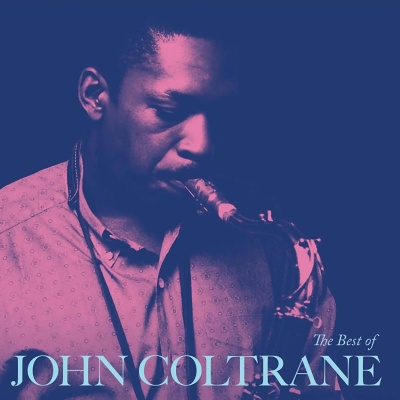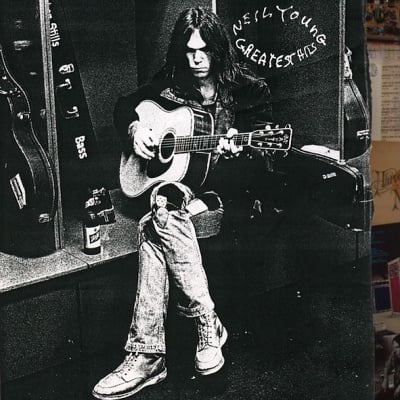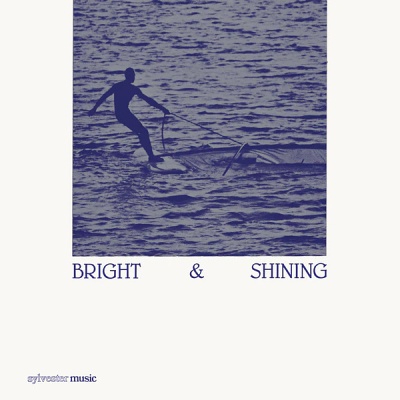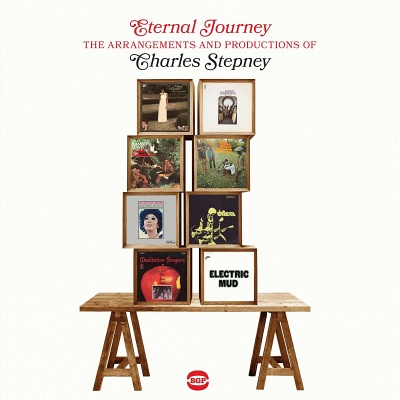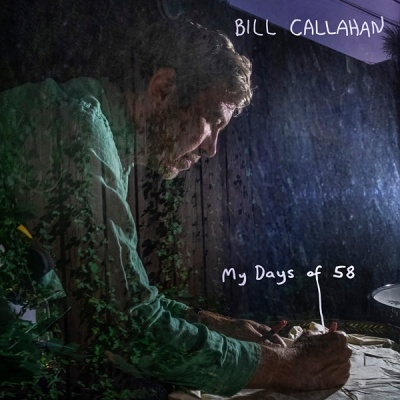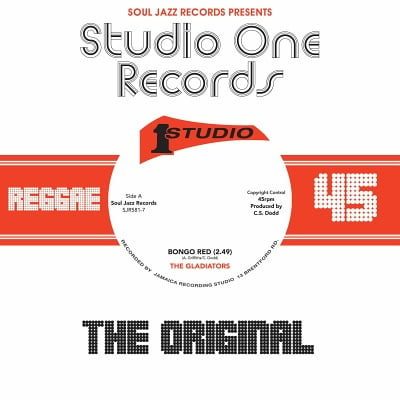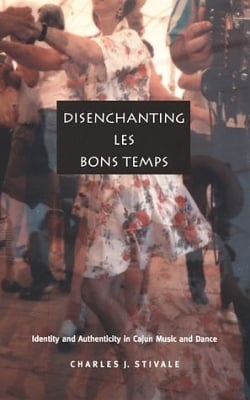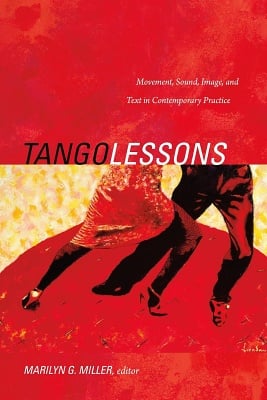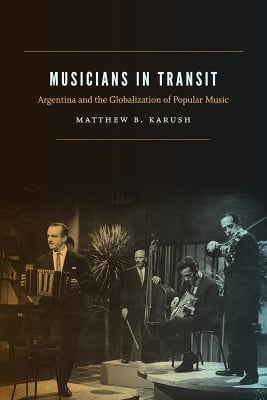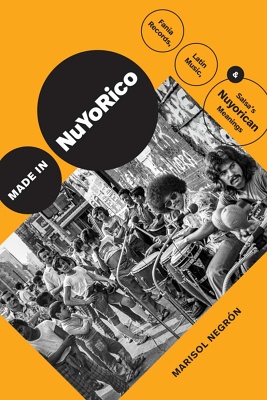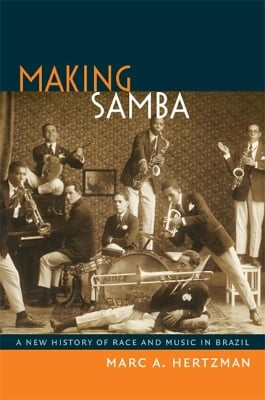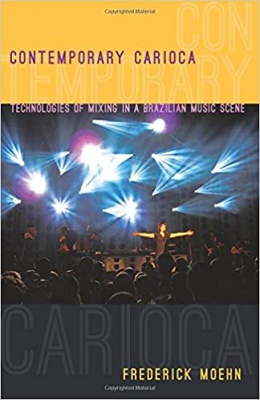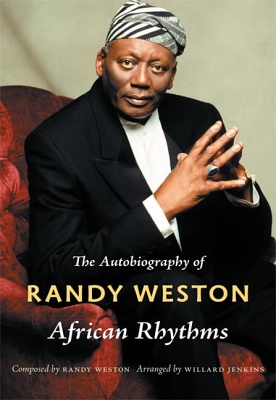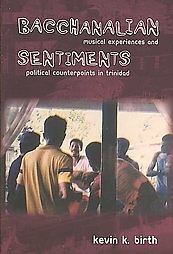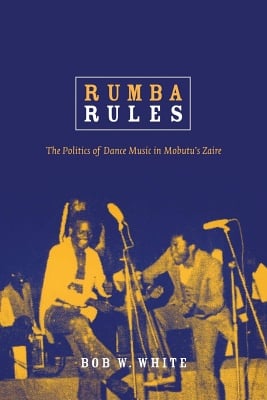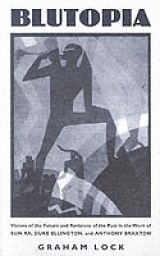
- Book (550g) 9780822324409£24.99In stockAdd to Bag
In "Blutopia" Graham Lock studies the music and thought of three pioneering twentieth-century musicians: Sun Ra, Duke Ellington, and Anthony Braxton. Providing an alternative to previous analyses of their work, Lock shows how these distinctive artists were each influenced by a common musical and spiritual heritage and participated in self-conscious efforts to create a utopian vision of the future. A century after Ellington's birth, Lock reassesses his use of music as a form of black history and compares the different approaches of Ra, a band leader who focused on the future and cosmology, and Braxton, a contemporary composer whose work creates its own elaborate mythology.
Arguing that the majority of writing on black music and musicians has - even if inadvertently - incorporated racial stereotypes, he explains how each artist reacted to criticism and sought to break free of categorical confines.Drawing on social history, musicology, biography, cultural theory, and, most of all, statements by the musicians themselves, Lock writes of their influential work. "Blutopia" will be a welcome contribution to the literature on twentieth-century African American music and creativity. It will interest students of jazz, American music, African American studies, American culture, and cultural studies.
""Blutopia" ...is a discerning account of the battles over utopia in the jazz world ...[Lock's] achievement is to take the musicians seriously as theorists in their own right, then to draw them into the meshes of African-American musical and spiritual traditions ...Lock's insights however, also whet the reader's appetite for an appraisal of the music itself ...Future scholars will have to find a language that can develop his blutopian premisses and bring them to a musical conclusion." - "Times Literary Supplement", 27 October 2000.
